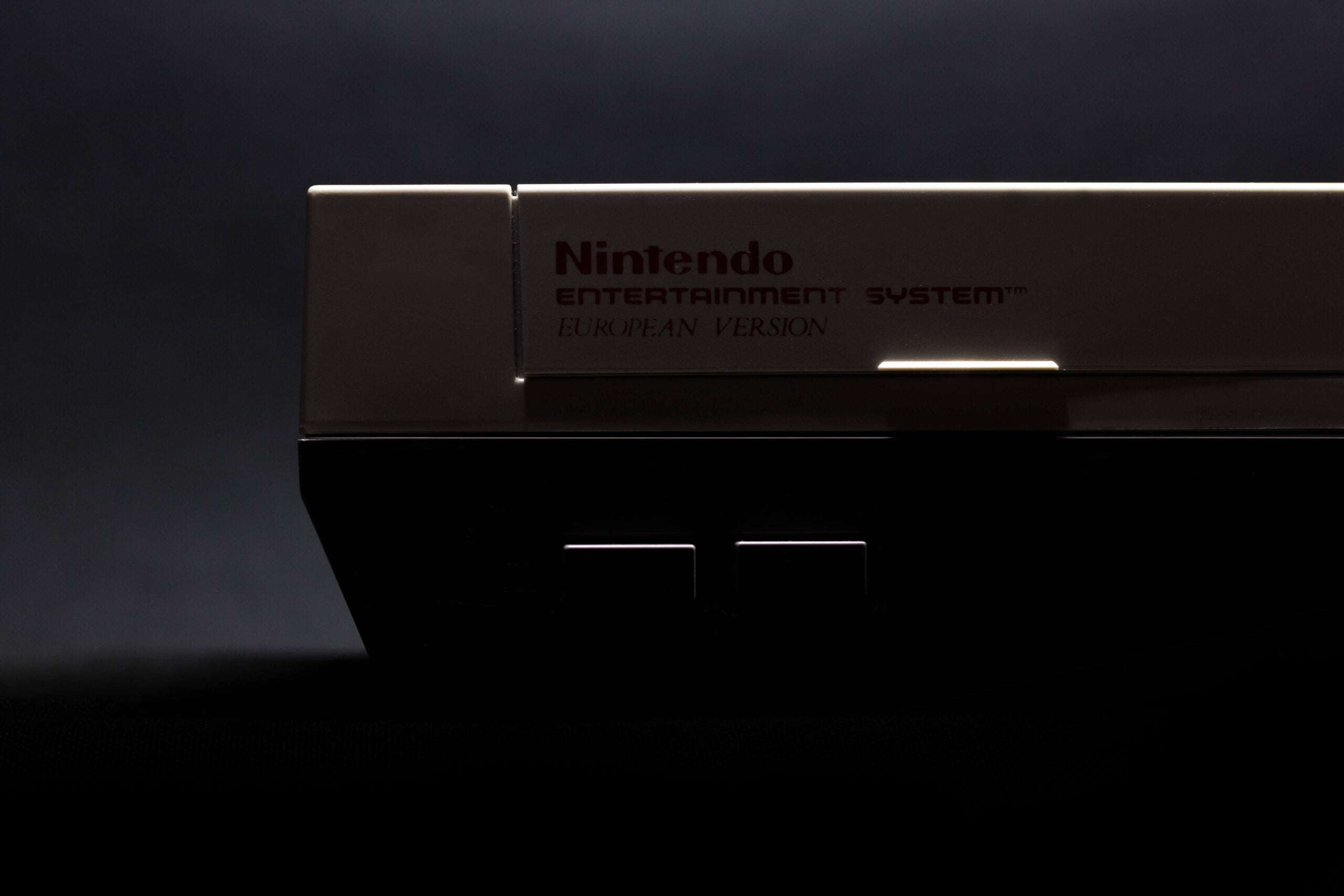Nintendo, a name synonymous with childhood memories, late-night gaming sessions, and characters like Mario, Link, and Samus. From the Nintendo Entertainment System (NES) to the Switch, this industry titan has maintained its position through innovation, creativity, and an unwavering dedication to their intellectual property. Let’s dig deeper into this complex landscape, exploring Nintendo’s history of legal actions against emulators, modders, and fan projects.
What are Emulators, Modders, and Fan Projects?
In the gaming world, emulators are software that replicates the functionality of a console, enabling us to play games from yesteryears on our modern devices. Modders are our creative tinkerers, adjusting the original games to introduce new features or improve the gaming experience. Fan projects, on the other hand, are tributes to our favorite games – independently developed adaptations, remakes, or entirely new creations inspired by the originals.
Nintendo’s Stance on Intellectual Property and Piracy
Nintendo holds its intellectual property dear – and they’ve got every reason to. Their IPs, like “Super Mario Bros.” or “The Legend of Zelda,” are not just games – they’re cultural phenomena. To protect these assets, Nintendo has taken a stringent stance on piracy and IP infringement, seeing these activities as a direct threat to their revenue and reputation.
Nintendo’s Legal Actions against Emulators
Nintendo’s war on emulation is well-documented. Take the case of EmuParadise, a paradise indeed for retro gaming fans until 2018. After mounting legal pressure from Nintendo, the site voluntarily stopped hosting game files, marking a notable victory for Nintendo’s anti-piracy crusade.
But Nintendo didn’t stop there. In 2019, they turned their attention to ROMUniverse, a site providing ROMs, digital copies of games including many Nintendo titles. The result? A crippling $2.1 million fine for ROMUniverse in 2021.
We cannot forget the LoveROMS and LoveRETRO saga either. These sister sites found themselves in Nintendo’s crosshairs in 2018, leading to a staggering $12 million settlement. It was a clear message to all – Nintendo will fiercely defend its intellectual property.
Nintendo’s Legal Actions against Modders
Modding, though often well-intentioned, isn’t safe from Nintendo’s legal might either. Remember the name Gary Bowser? Not to be confused with Nintendo’s iconic villain, Gary found himself on the wrong side of a lawsuit in 2020. His crime? Offering services to modify the Nintendo Switch, potentially enabling piracy. Nintendo’s response was swift and uncompromising.
Nintendo’s Legal Actions against Fan Projects
Fan projects, born out of pure admiration for Nintendo’s creations, have also been caught in the crossfire. “AM2R”, a fan-made remake of “Metroid II”, received a takedown notice, despite the developers’ clear love for the franchise.
Another casualty was the fan-made “Pokémon Uranium”. After clocking up over 1.5 million downloads, a takedown notice from Nintendo abruptly ended its journey. For many fans, it was a harsh reminder of Nintendo’s no-compromise policy towards IP infringement.
The Debate around Nintendo’s Actions
As we’ve seen, Nintendo’s legal onslaught has been relentless. But has it been justified? That’s where the gaming community splits. Some argue Nintendo is fully within its rights to protect its IPs, while others believe these actions stifle creativity and prevent the preservation of gaming history.
Consider this – many classic Nintendo titles are no longer available for purchase. Emulators often serve as the only means for gamers to experience these gems. In punishing emulator sites, is Nintendo erasing pieces of gaming history?
Likewise, modders and fan project creators usually operate out of love for Nintendo’s games. When Nintendo slaps them with lawsuits, is it dampening the very spirit of creativity that the gaming industry thrives upon?
Conclusion
Nintendo’s history of legal actions paints a picture of a company zealously guarding its intellectual property. While they’re arguably justified in their pursuits, the debate around their methods continues. Their actions have sparked discussions about the balance between IP rights and the preservation of gaming culture, discussions that will undoubtedly shape the future of the gaming industry.
As we sign off from this deep dive into Nintendo’s legal battles, it’s clear that these issues are far from black and white. So, let’s get the conversation rolling – what’s your take on Nintendo’s approach? Are they heroes protecting their creative rights or villains stifling creativity and preserving history? The comments section awaits your thoughts.
